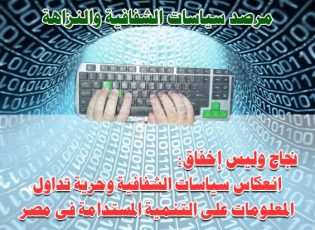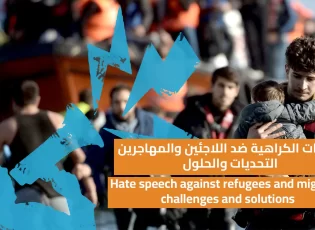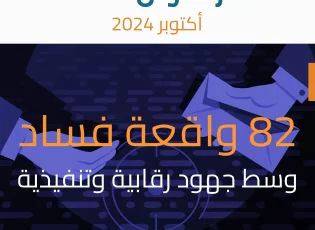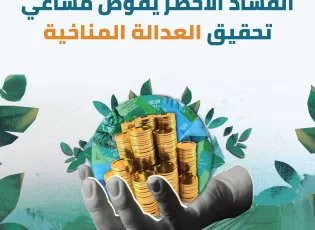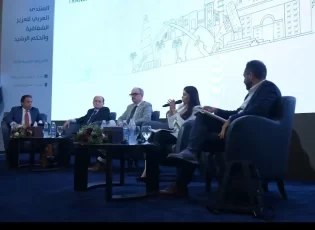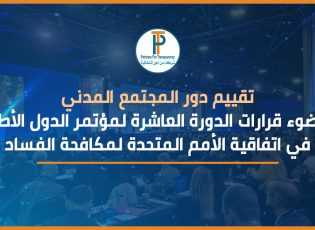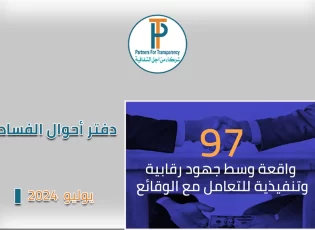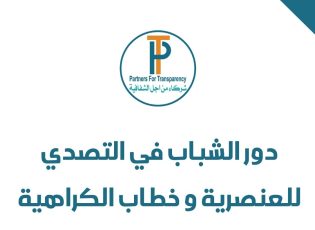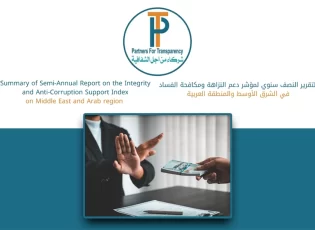New Research Paper Partners for Transparency
Social accountability committees and social safety nets
"Solidarity and Dignity as a Model"
As part of the work of the Transparency and Integrity Policy Monitor, the Partners for Transparency Foundation released a new research paper entitled "Social Accountability Committees and Social Safety Nets" Which aimed to identify the role of the social accountability committees for the Takaful and Karama program and to discover the challenges facing the activation of the accountability committees in achieving its goal. It is a descriptive study that relied on the social sample survey approach, and used in collecting data an interview guide form with a sample of 25 members of the Social Accountability Committee, and 4 groups Focus discussion with 50 beneficiaries of the program in Alexandria, in addition to analyzing some ready-made data.
The study indicated that the number of beneficiaries of the program in Alexandria reached 38,462 divided (4,201 dignity), (34,261 takaful), with a total spending of 109,570,995 EGP, and the share of the Amiriya neighborhood reached the largest percentage of the beneficiaries at 45%, which is expected to receive unworthy cases of the pension as fraud. Of the owners of agricultural lands.
The results of the field study also indicated on a sample of members of the social accountability committees that the selection of members was made through nominations and not the progress of the member himself, taking into account that the committee does not include relatives up to the third degree, or more than one member affiliated with one party other than the social unit, with the inclusion of one of the challengers Disability, and a training course was held for the members of the committee, who numbered 1053, at the governorate level, divided into 81 social units belonging to 7 social departments, and each committee comprised 13 members, with the aim of identifying the concept of the Takaful and Dignity program as well as the role of the community accountability committees, their specialization and follow-up mechanisms, while 20% of the sample benefited Membership cancellation procedures are complicated and they are forced to continue membership of the committee without attending its meetings, and they describe this membership as compulsory volunteering.
Members carry out the initial verification process of the families' entitlement to the program and provide lists of non-eligible beneficiaries of the current beneficiaries and beneficiaries of the program as well as the extent of availability and quality of health and educational services of the program, participate in supporting community communication activities about the program, and assist families to facilitate procedures for obtaining documents required to benefit from the program 60% of the sample of beneficiaries indicated that they applied to the program after attending seminars with civil societies, and 40% indicated that they were directed by social workers in their children's schools by introducing them to the Facebook page of the program to know the details and conditions, and 75% of the sample confirmed that the social pioneers helped them in extracting the papers Concerning solidarity and dignity, at the same time all respondents reported that no special identification cards were issued to facilitate the process of communication and coordination with other parties to obtain the documents for the beneficiaries, and although they are related to the surrounding community, but in this task they need identification cards to facilitate the task, and prevent Counterfeiters do this.
90% of the members of the respondents emphasized the difficulty of holding periodic meetings, despite the determination of the necessity of holding committee meetings periodically, but in reality the committees meet whenever needed according to the lists sent by the ministry for the purpose of verification, in addition to warning members of the need to hold meetings in Other than the official working hours and outside the workplace, and therefore there is no suitable date for everyone.
Although the committee sends a report on the final results of the beneficiaries and those who are not eligible, the ministry does not provide feedback until it is known who has been excluded from among the unworthy individuals, so until now the stalled numbers have not been monitored, and no punishment has been carried out on the violators to recover the amounts disbursed without face. right.
The respondents among the beneficiaries of the program reported that there are tangible cases of non-entitlement in the surrounding community, and social units have been informed of them without disclosing the names of those who are not eligible, for fear of harm to them, because these beneficiaries without right threatening them not to disclose them.
In order to reach the maximum degree of benefit from these committees, the study recommended the necessity of providing its members with identification cards, facilitating the procedures for canceling membership so that the active members can be taken advantage of and abandoning the members unable to participate, the flexibility of meeting procedures at the time and place, and the feedback of suspended cases on the part of Ministry, and the provision of a hotline to receive complaints about those who are not eligible.
Social accountability committees and social safety netsShort link: https://pfort.org/en/?p=2584



